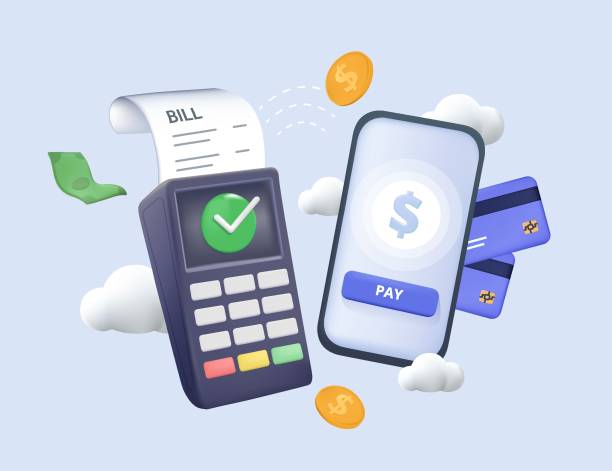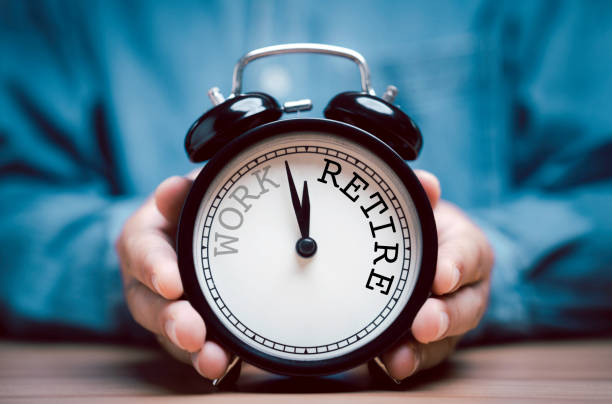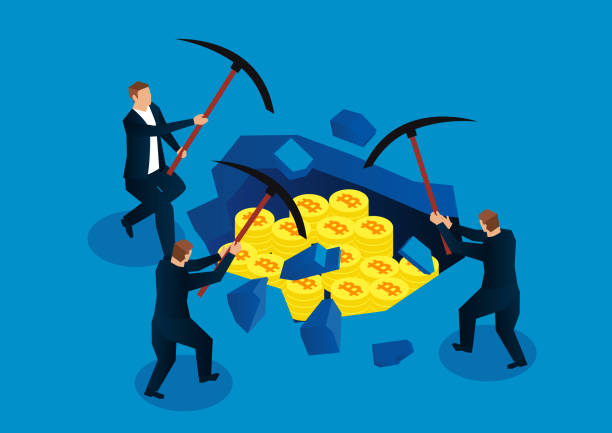ou’re browsing eBay, looking for that hard-to-find collectible or a new gadget. But when you find it, you’re shocked at the price. It’s way higher than you expected! What gives? You start to wonder – what is price gouging on eBay? Price gouging is when sellers jack up prices to unreasonable levels, often during high demand or short supply. It’s frustrating and unfair. In this article, we’ll break down exactly what is price gouging on eBay, how to spot it, and what you can do about it. We’ll give you tips to protect yourself as a buyer so you don’t get ripped off. And we’ll explain eBay’s policies around pricing so you understand what’s allowed and what crosses the line. Arm yourself with knowledge so you can shop eBay safely and avoid price gouging!
Defining Price Gouging: What It Means on eBay
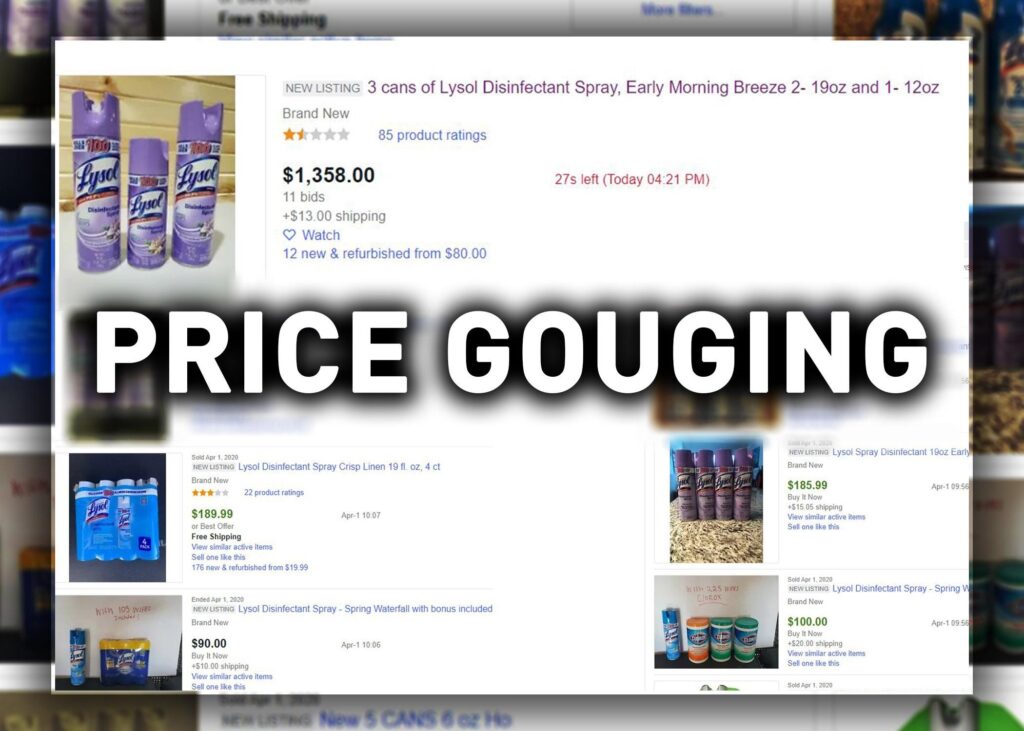
Price gouging refers to sudden and unjustified price increases, often during times of high demand. On eBay, price gouging usually happens when a seller dramatically increases the price of an item due to hype around a product launch or limited availability.
As a buyer, you’ve probably come across overpriced items on eBay, especially for the latest tech gadgets, limited sneaker releases, or tickets to major events. Sellers often take advantage of supply and demand, knowing buyers will likely pay a premium to get their hands on these coveted goods. Price gouging on eBay is frustrating for buyers, but unfortunately, not illegal since eBay is an open marketplace. ###Some examples of price gouging on eBay include:
- New gaming consoles or phones selling for 2-3 times the retail price right after launch. These sellers are capitalizing on initial limited supply and high demand from eager buyers.
- Limited sneaker or clothing collaborations selling for significantly above retail, often within minutes of the official product drop. Resellers buy up stock quickly with the sole intention of price gouging on eBay.
- Tickets to major concerts, festivals or sporting events selling at highly inflated prices. Ticket resellers purchase tickets primarily to resell them at a profit on secondary markets like eBay.
While annoying, price gouging on eBay can often be avoided by being patient. The initial hype around new products or events usually dies down, and prices start to drop as supply increases or demand diminishes. As a buyer, your power lies in choosing not to support price gouging sellers. If no one buys from them, they have no choice but to lower prices to more reasonable levels.
Examples of Price Gouging on eBay
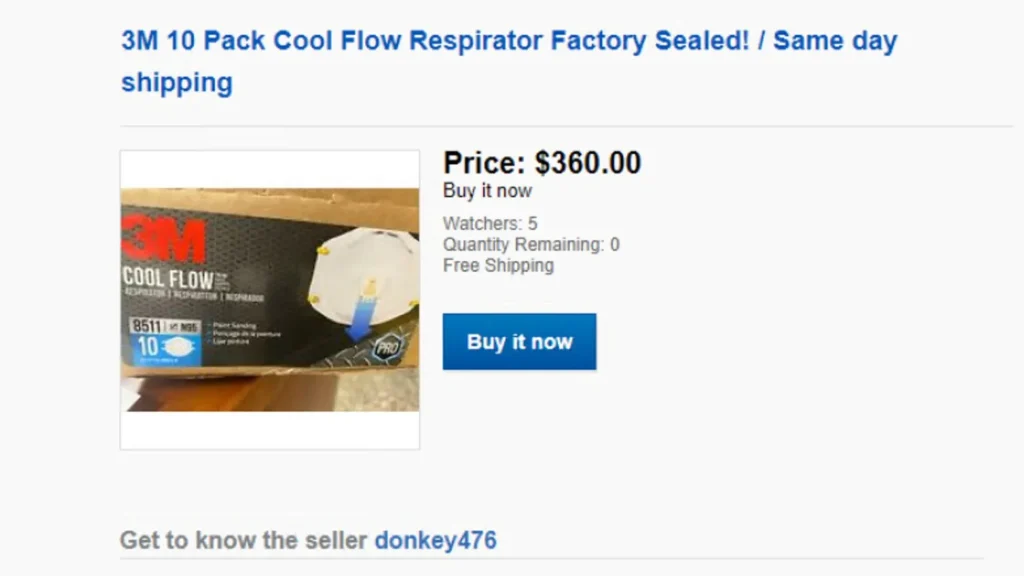
Price gouging on eBay typically happens when sellers drastically increase the price of in-demand items, often after natural disasters or other events that limit supply. For example, in the days following a hurricane, you might see the price of a standard flashlight or pack of batteries skyrocket to five times the normal cost.
Price Spikes During COVID-19
When COVID-19 hit and people began stocking up on essentials, the prices for things like hand sanitizer, face masks, and toilet paper shot through the roof on eBay. Unscrupulous sellers took advantage of the increased demand and limited supply to charge exorbitant amounts. Many were asking $50-$100 for a bottle of hand sanitizer that normally costs $3, or $25 for a 5-pack of surgical masks with a retail price of $5.
Limited Edition Sneakers and Concert Tickets
Limited sneaker releases and concert tickets are other areas where price gouging commonly occurs on eBay. When a limited sneaker like the Nike Air Yeezy 2 releases, resellers will buy up as much stock as they can and then turn around and sell pairs for 5 to 10 times the retail price. Similarly, tickets for major concerts often end up on eBay the day of the on-sale with markups of hundreds of dollars over face value.
How to Avoid Price Gouging
The good news is there are a few things you can do to avoid price gouging on eBay. First, shop around at major retailers to determine the normal retail price of an item before buying on eBay. Second, check completed listings to see what the item has recently sold for. If current prices seem well above that, it’s likely price gouging. Finally, report overly inflated prices to eBay – if enough people report a listing, eBay will remove it. By being an informed shopper and reporting price gouging when you see it, you can help curb this unethical behavior.
How eBay Cracks Down on Price Gouging Sellers
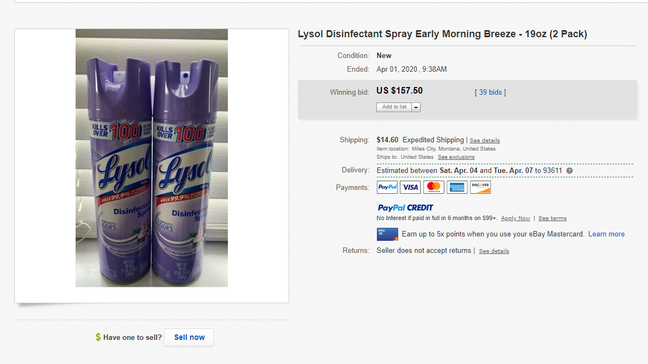
eBay closely monitors listings on their site to catch sellers engaging in price gouging. They have sophisticated algorithms that detect sudden increases in item prices that seem disproportionate to normal market forces. If eBay suspects a seller is price gouging during a crisis, they’ll take action.
First, eBay will issue a warning to the seller demanding they lower the price to an acceptable level. If the seller doesn’t comply, eBay will remove the listings and may suspend the seller’s account. For repeat offenders or egregious violations, eBay will permanently ban the seller from their platform.
eBay considers price gouging to be raising prices more than 10% higher than the 90-day average price for an item before a crisis. However, each case is evaluated based on several factors like the item type, historical pricing, and regional averages. Sellers may face repercussions even for smaller price increases if eBay determines they’re exploiting buyers during an emergency.
In some situations, eBay may also contact law enforcement about suspected price gouging. While not officially illegal in all areas, price gouging during a disaster or crisis is considered unethical by many and some states have laws against it. eBay aims to prevent predatory behavior on their site, especially when people are at their most vulnerable.
The bottom line is if you plan to drastically increase your prices on eBay during a hurricane, pandemic or other crisis, you risk getting banned as an unscrupulous seller. It’s always a good idea for sellers to avoid even the appearance of price gouging if they want to maintain a good reputation and keep doing business on eBay. Constantly monitoring your listings and making adjustments to stay within acceptable price ranges is the best way to avoid trouble.
Conclusion
So there you have it. Price gouging happens when sellers jack up prices to unreasonable levels, especially during emergencies or times of high demand. Just because an item is rare or hard to find doesn’t automatically make it price gouging. But if a seller is clearly exploiting desperate buyers, that crosses the line. As a buyer, you can report suspected gouging to eBay. And as a seller, avoid the temptation to get carried away with pricing. Stick close to fair market value, and you’ll maintain your reputation. We all need to look out for each other in difficult times. Thanks for reading!
To read more about price gouging in Ebay, check this link.




